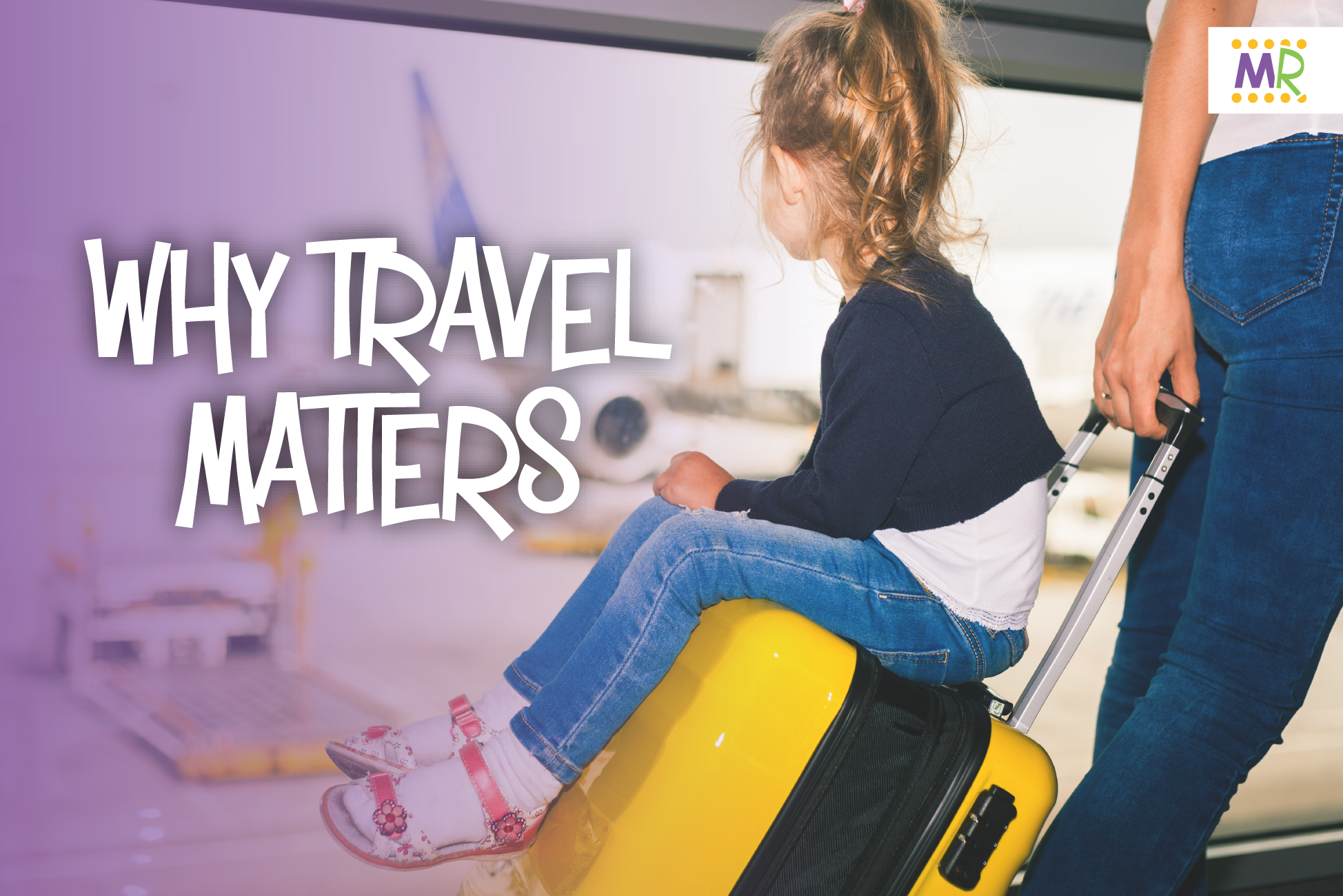
Travel was common in my family. Whether it was visiting family an hour away in Canada on the weekends, RVing with my grandparents from Texas, or visiting other countries, I was lucky enough to travel often while I grew up. Many of my trips were to Aruba, a small island just north of Venezuela. They have their own language and currency, and the culture is filled with many Dutch influences. Many of my memories include spending time with locals, climbing the “rough” side of the island, and snorkeling. My parents also made it a point to teach me some of the language, Papiamento.
Every other year, my parents and I would travel to Aruba for two weeks. My parents always made it a point to get my homework ahead of time so that I wouldn’t fall behind in school, especially as I got older. When I was in 6th grade, I was given a project to work on; I spent some time in Aruba learning about their treasury and currency. When I got back to school, I got to teach my peers about Aruba, how the island is different from Michigan, and how their treasury and currency differ from ours. On that trip, my parents and I visited a government building, learned about their currency, the Florin, and learned about different parts of their government. Almost 20 years later, and I can still remember which building we visited and how much I learned that trip.
When I was 7, I went to England to visit family. My parents set me up with a travel journal and cameras to “document” my trip. From the very beginning, that trip was an experience. I can’t remember when our flight left or landed but I recall my parents waking me up on the flight to watch the sunrise. I was awestruck. I remember that experience every single time I have a window seat on a flight. While we were in England, my mom and I took time each night to write in my journal about what I did that day. I had the opportunity to milk a goat, have a tea party, see castles, and learn about royalty. My favorite part? My Great Aunt had a milk man! I mean, glass bottles left outside for pick up and a wire crate of glass containers of milk delivered to the porch. I still have that travel journal and the photo album with my pictures in it. And again, 20 years later I can still remember how exciting and interesting parts of that trip were.
Traveling with children looks different for every family but traveling with your children is important. Traveling doesn’t have to be eccentric and weeks long – a road trip on a long weekend could teach your children about different places and different people. A “staycation” where you camp in the backyard and unplug is the perfect opportunity to learn about constellations and mindfulness. A visit to a cousin’s house where the theme is “Monte Carlo” and you learn how to play Roulette with gowns on (yes, that really happened and my cousins and I still talk about it today) – that type of creativity and “travel” is super inexpensive and can be tailored to teach your child just about anything. Even picking a different type of cuisine and cooking with new spices can help your child learn about the world. With your creativity and guidance, travel can ignite passions for knowledge, culture, human ecology, aesthetics, and global responsibility for your children.
Travel Provides Opportunities to Teach Our Children:
- Curiosity
Children are naturally curious and one of the goals of Montessori is to allow the children to follow that curiosity. Every place you travel, whether it’s international or the next county, there are different landscapes, different smells, and different aspects to discover. - Peace
Finding peace in the hustling cities, enjoying the silence, staying in the moment, mindfulness – all of these are important parts of learning and growing as human beings. Being able to explore new cities like New York City and find the peace in a busy place is just as important as taking in the view of a silent sunrise is Aruba. Each person’s peace is different and giving our children the opportunity to explore places that set their souls on fire is one of the fun parts of parenting. - Global Responsibility (and the “Leave No Trace” philosophy)
- Flavors and Cuisine
- Empathy, Compassion, and Diversity
- Aesthetics
Every culture values a different type of architecture and defines beauty in a different way. In downtown St. Louis, they have beautiful gardens and art sculptures replacing city blocks. In parts of Asia, they have pristine mausoleums, like the Taj Mahal. Exploring these with your children will help them appreciate different forms of beauty and design.
Our world is a beautiful place – give your children experiences that leave them awestruck and curious about what else is out there.